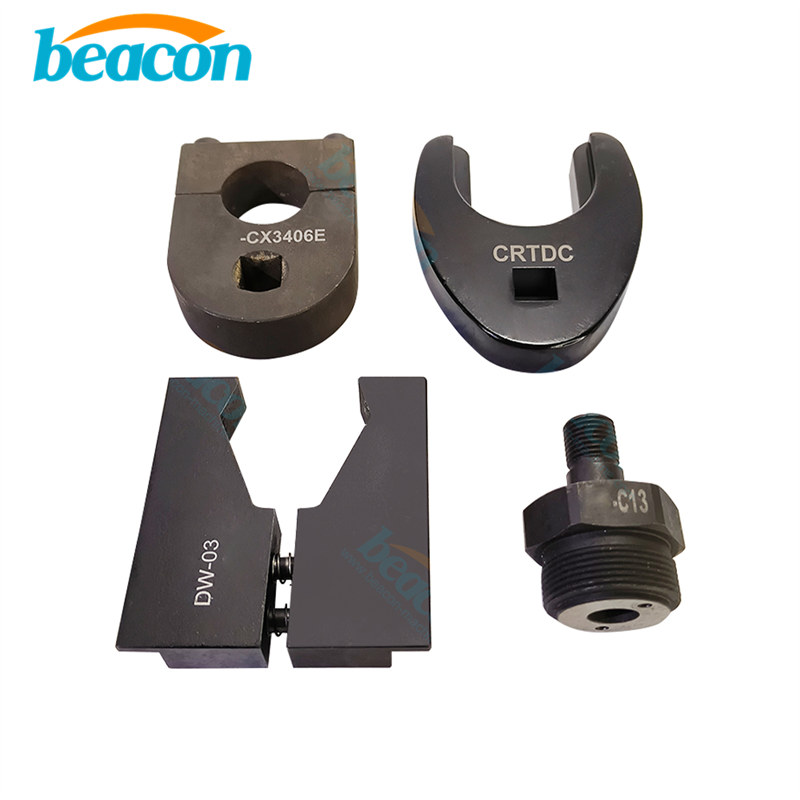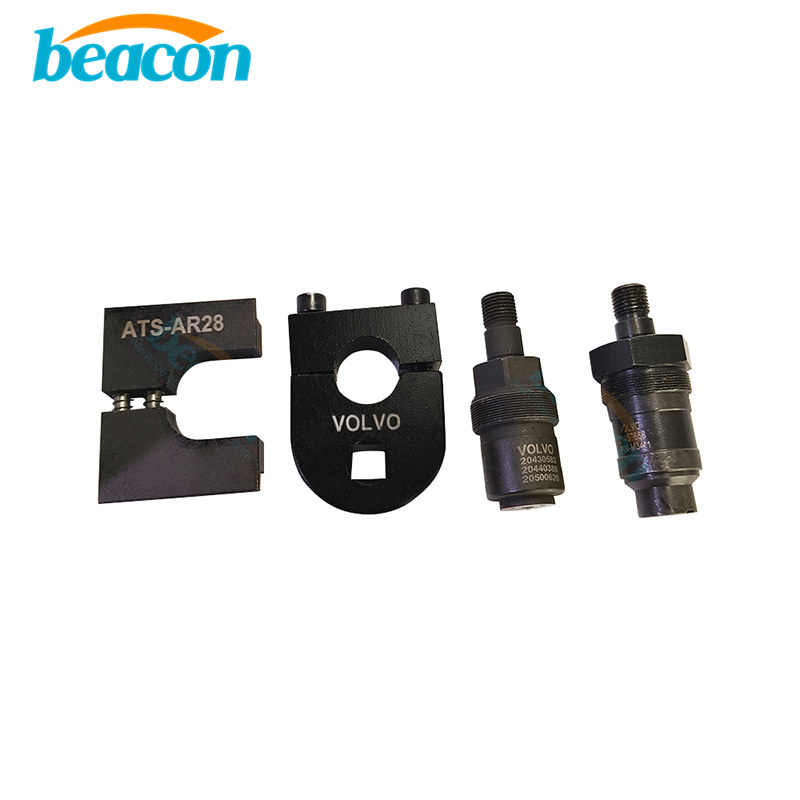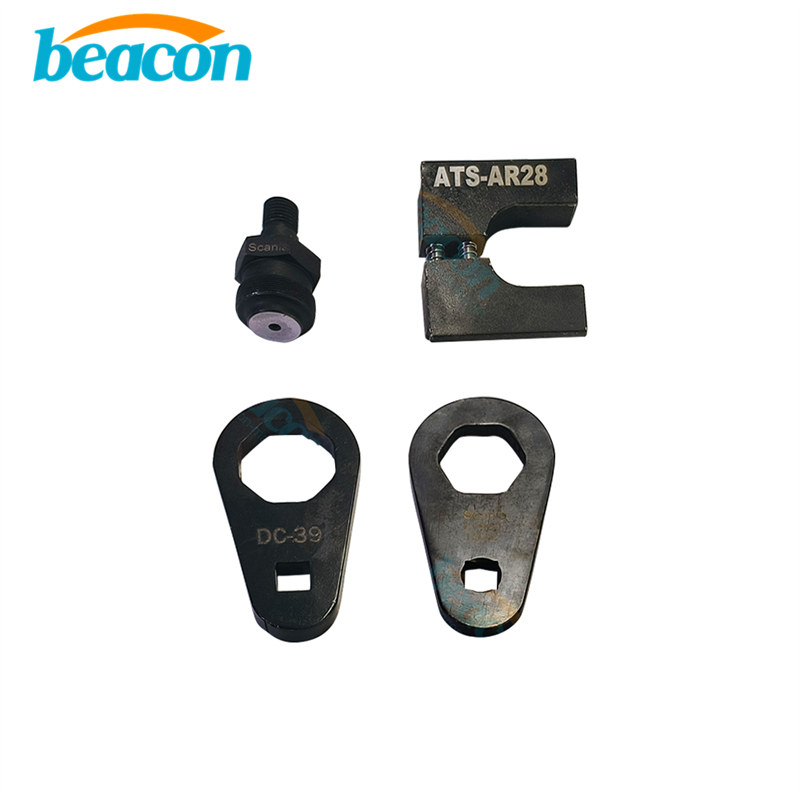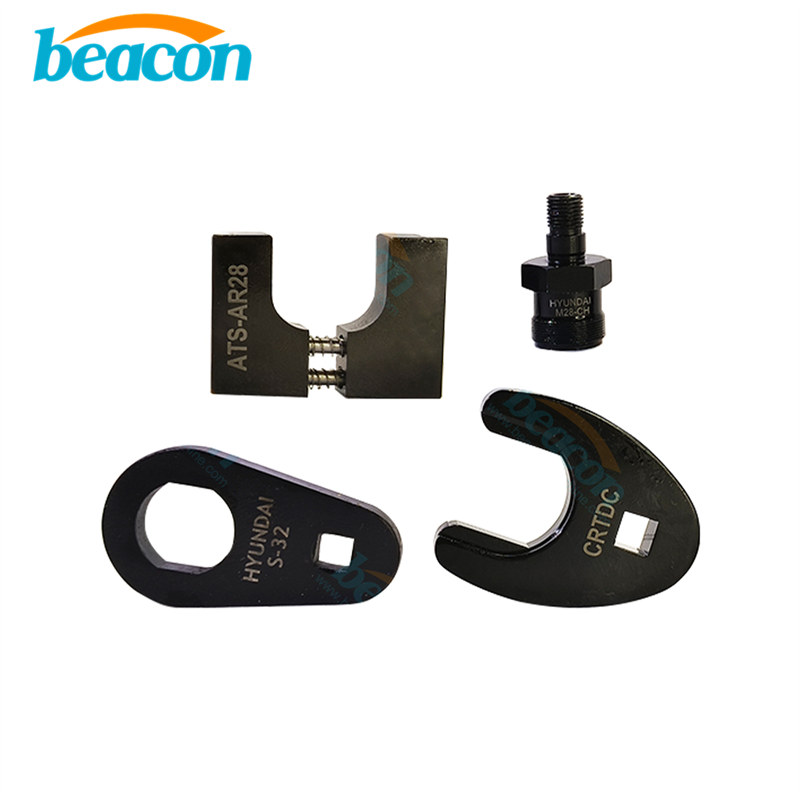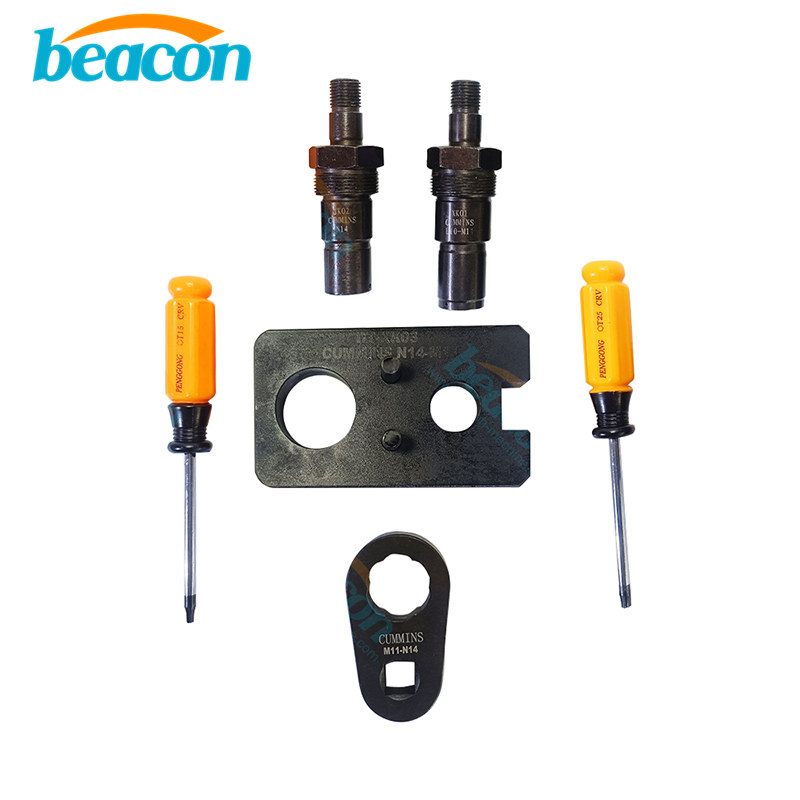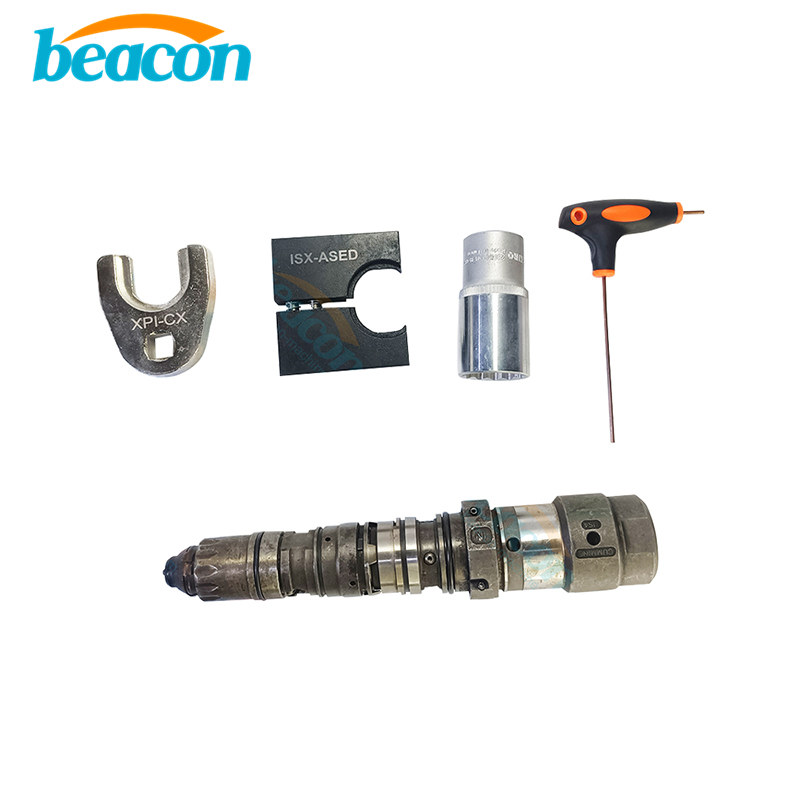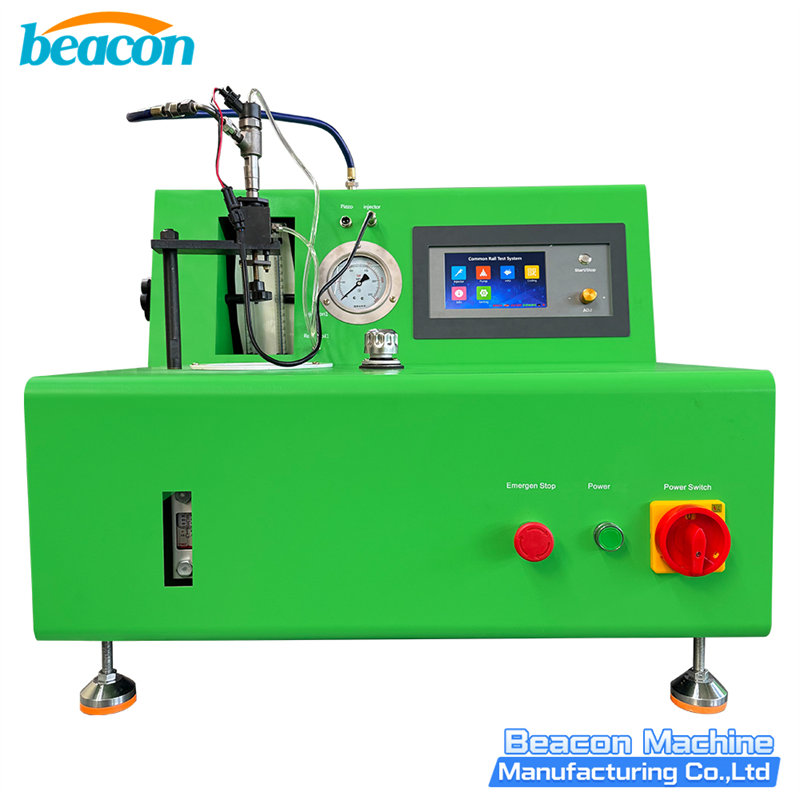Beacon Machine Manufacturing Co.,ltd
How to Test a Diesel Fuel Injector?
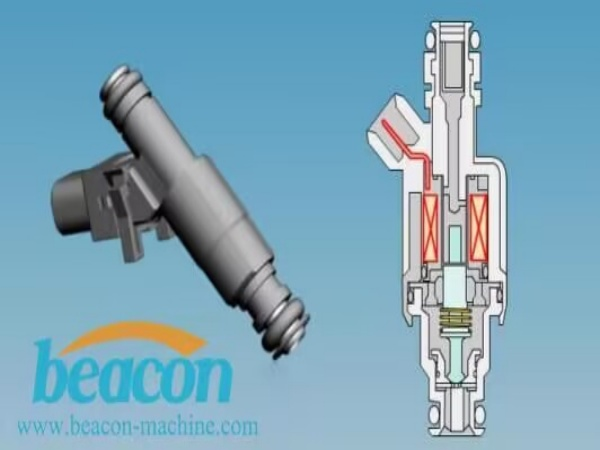
How to Test a Diesel Fuel Injector?
Are you experiencing issues with your diesel engine's performance? It might be time to test your diesel fuel injector. Ensuring your fuel injectors are functioning properly is crucial for maintaining the efficiency and longevity of your engine. In this guide, we’ll walk you through the steps to test a diesel fuel injector accurately and efficiently.
Step 1: Safety First
Before you begin, make sure to take the following safety precautions:
· Work in a Well-Ventilated Area: Diesel fuel fumes can be harmful if inhaled.
· Wear Protective Gear: Use gloves and safety glasses to protect yourself from fuel spills.
· Disconnect the Battery: To prevent any accidental starts, disconnect the battery.
Step 2: Gather the Necessary Tools
You’ll need the following tools and equipment:
· Fuel pressure gauge
· Injector tester or multimeter
· Screwdrivers and wrenches
· Clean cloth or paper towels
Step 3: Locate the Fuel Injectors
Refer to your vehicle's manual to find the exact location of the fuel injectors. Typically, they are located on the engine block.
Step 4: Perform a Visual Inspection
Before testing, visually inspect the fuel injectors for any obvious signs of damage or leaks. Look for:
· Cracks or breaks in the injector body
· Leaking fuel around the injector seals
· Corrosion or build-up of dirt
Step 5: Conduct a Leak Test
To ensure your injectors are not leaking:
1. Turn on the ignition (do not start the engine) to pressurize the fuel system.
2. Observe the injectors for any leaks. If you see fuel dripping or seeping, the injector may need to be replaced.
Step 6: Test Injector Pressure
Using a fuel pressure gauge, follow these steps:
1. Connect the fuel pressure gauge to the fuel rail.
2. Start the engine and note the pressure reading on the gauge.
3. Compare the reading to your vehicle’s specified fuel pressure range (found in the manual).
If the pressure is too high or too low, it could indicate a problem with the injectors or the fuel pump.
Step 7: Conduct an Electrical Test
For an electrical test using a multimeter:
1. Disconnect the electrical connector from the injector.
2. Set the multimeter to the ohms setting.
3. Place the multimeter probes on the injector terminals.
4. Check the resistance against the manufacturer’s specifications.
Abnormal readings can indicate a malfunctioning injector.
Step 8: Use an Injector Tester
An injector tester can help you evaluate the spray pattern and functionality:
1. Remove the injector from the engine.
2. Connect the injector to the tester as per the tester’s instructions.
3. Activate the tester to simulate the injector’s operation.
4. Observe the spray pattern. It should be even and fine. Any irregularities like drips or uneven spray suggest the injector needs cleaning or replacement.
Step 9: Clean or Replace Injectors
If testing reveals any issues, you can try cleaning the injectors using a specialized cleaner. For severe issues or if cleaning doesn't help, replacing the injectors might be necessary.
Conclusion
Regular testing of your diesel fuel injectors can prevent significant engine problems and ensure optimal performance. By following these steps, you can identify and address injector issues promptly, maintaining your vehicle’s reliability and efficiency.
If you're unsure about any step or need professional assistance, don’t hesitate to contact a certified mechanic.
For more detailed guides and expert tips on maintaining your diesel engine, subscribe to our newsletter or visit our blog. Keep your engine running smoothly with our easy-to-follow maintenance advice.
Related products



